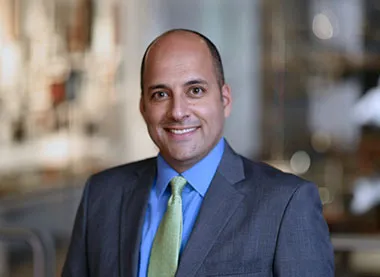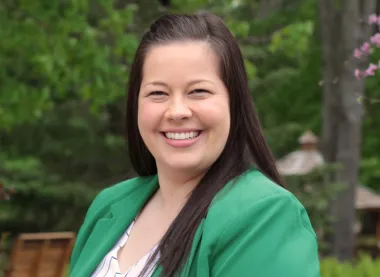Caitlin Pinciotti, PhD, is a licensed clinical psychologist and assistant professor in the Department of Psychiatry and Behavioral Sciences at Baylor College of Medicine. She received her doctorate in Clinical Psychology within the Trauma Psychology Focus Track at Northern Illinois University, and completed her pre-doctoral residency and post-doctoral fellowship within the OCD and Anxiety track at Rogers Behavioral Health in Oconomowoc, Wisconsin.
Dr. Pinciotti has an expertise in the assessment, conceptualization, and treatment of OCD, anxiety, trauma, and PTSD, publishing over 35 peer-reviewed empirical articles and providing dozens of consultations, trainings, and presentations on these topics in academic, behavioral health and conference settings. She is a co-founder of the International OCD Foundation Trauma and PTSD in OCD Special Interest Group (SIG), also serving as the SIG’s Chair for the Science and Research Committee.
Dr. Pinciotti is also the Principal Investigator on an ARPA-funded grant which has trained more than 50 pediatric primary care physicians across the state of Texas in SAFETY-A, an evidence-based intervention for suicidal thoughts and actions in children and adolescents. In this role, Dr. Pinciotti leads a large team of researchers and practitioners spanning seven universities to determine the feasibility and acceptability of an evidence-based intervention for suicide risk assessment and safety planning that has been adapted for use in primary care settings.


